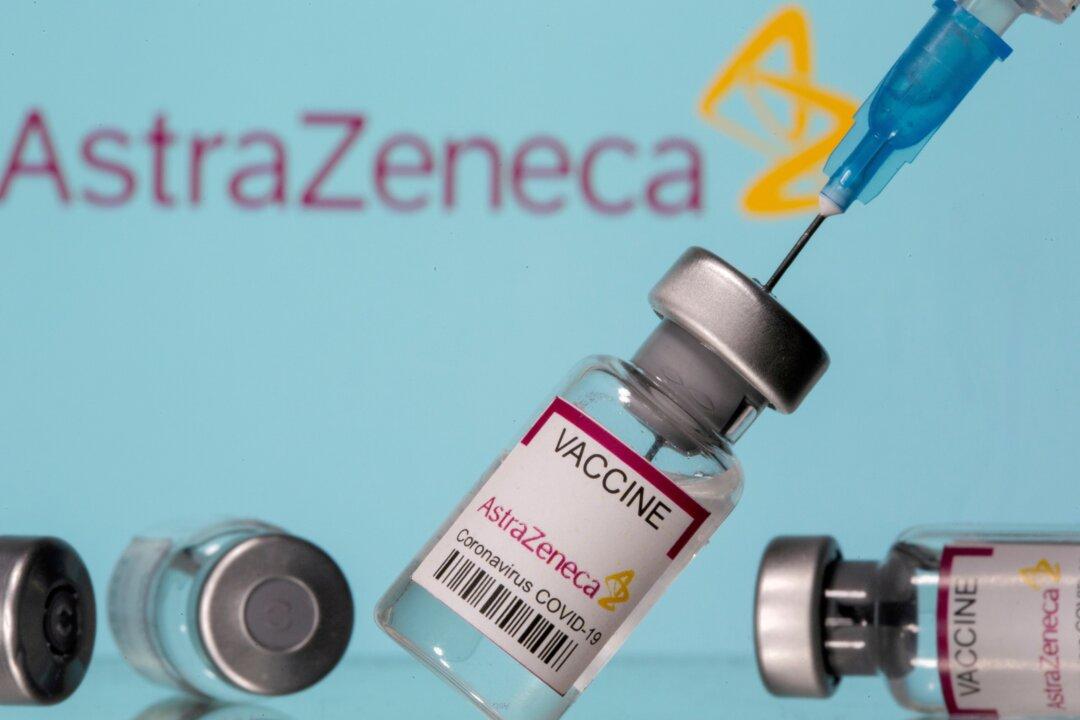A new study into AstraZeneca’s COVID-19 vaccine shows that a second dose administered later than within the recommended 4–12 week period after the first one offered greater protection, while a third dose led to a further increase in immune response and protection against viral variants, offering both greater flexibility in vaccination schedules and showing promise as a “booster” shot.
The findings of the Oxford University study, which has not yet been peer reviewed, come as COVID-19 vaccine supply shortages in some countries are causing concerns about reduced immunity as the interval between the first dose and second dose extends, while countries with no supply issues are considering administering a third dose as a booster to enhance immunity and provide protection against emerging variants.





